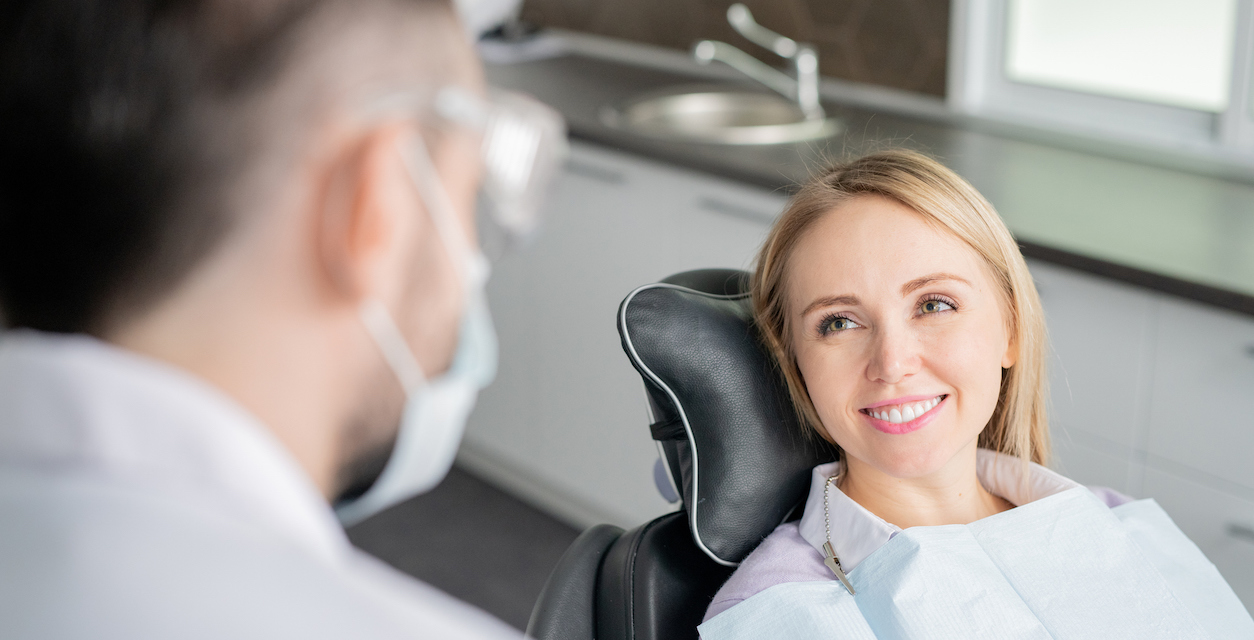Dentistry: Difference between a Specialist & a Special Interest
All specialists are dentists, but not all dentists are specialists. Confused? In fact, most people don’t know the difference between a dentist who has a special interest in an area versus a specialist dentist who has upskilled and qualified in that particular area and is, therefore, allowed to call themselves a specialist.
Dentist with a Special Interest (DwSI)
A general dentist is trained to access and manage diseases of the teeth and jaws. They are a valuable member of the dental community. They help patients maintain good oral hygiene to prevent dental problems from occurring. Dentists repair tooth decay, disease, and trauma. Most dentists complete minor restorative care and cosmetic procedures and refer patients to specialists for more complex issues.
If not legally restricted, they may also choose to take an interest in a particular specialist area; however, they are not necessarily qualified in that area and are not allowed to call themselves a specialist. Therefore, not all dentists are specialists in the field in which they practice or provide dental services for. Prosthodontics is one area in particular where general dentists may choose to have a special interest and practice, but they are not a specialist.
A dentist with a special interest should provide services that are complementary to their primary dental health care services but not services that replace those provided by a specialist dentist who has undergone the additional training and qualifications required. A dentist with a special interest should always work within the limits of their competency when providing special interest services and refer to a specialist where necessary.
Specialist Dentist (e.g. Prosthodontist)
Prosthodontists are dental specialists; they do one thing and do it well. To be called a prosthodontist, there are specific memberships and registers, additional qualifications and degrees, and years of statutory experience required.
A prosthodontist starts out as a qualified dentist who has completed a high level of training in tooth replacement, restoration and dental prosthesis. The three years of extra training through an Australian Dental Association-accredited course involves the placement of veneers, crowns, bridges, dental implants, and dentures. Prosthodontists learn how to restore optimum function and aesthetics to people’s smiles.
Only prosthodontists have the extra training and skills needed to undertake complex dentistry work. Besides the additional training, prosthodontists have the advantage of a bank of knowledge and experience in dealing with hard cases daily.
Dentists spend most of their week on general dental issues, such as check-ups and fillings, while a prosthodontist’s day is filled with a range of complex dental problems including:
- Excessive tooth wear and dental erosion
- Dental implants for missing teeth
- Veneers to improve aesthetics
- Thin gum tissue
- Poor tooth support
- Occlusal instability (poor bite)
- Developmental and congenital defects of the jaw and teeth
- Severe dental trauma
- High-risk patients
Prosthodontists have a strong network of specialist colleagues with whom they can consult and refer to for opinions prior to and during the treatment journey of these complex cases.
General dentists refer patients with these problems to a prosthodontist for treatment as they don’t have the experience to treat them. If the dentist attempted to resolve the issue rather than advising the patient to go to a specialist prosthodontist, there is a risk the patient could suffer a poor, long-term outcome. These treatments are permanent and irreversible so patients should check they have the best qualified person performing the procedure.
Second Opinion
The Australian Dental Association website allows you to search for a dentist by name or location. Under each professional’s name, it lists whether they’re a general dentist or specialist dentist in one of 13 areas of specialisation including prosthodontics, orthodontics, endodontics, oral surgery, and maxillofacial surgery to name a few.
Have you been talking to your dentist about cosmetic dental treatments such as veneers or implants? Before proceeding, it’s worth getting a second opinion from an expert in the field because there is nothing more important than your health and well-being. You don’t need a referral to see a prosthodontist. To make an appointment, contact us online or call the surgery on (08) 9321 1632.

